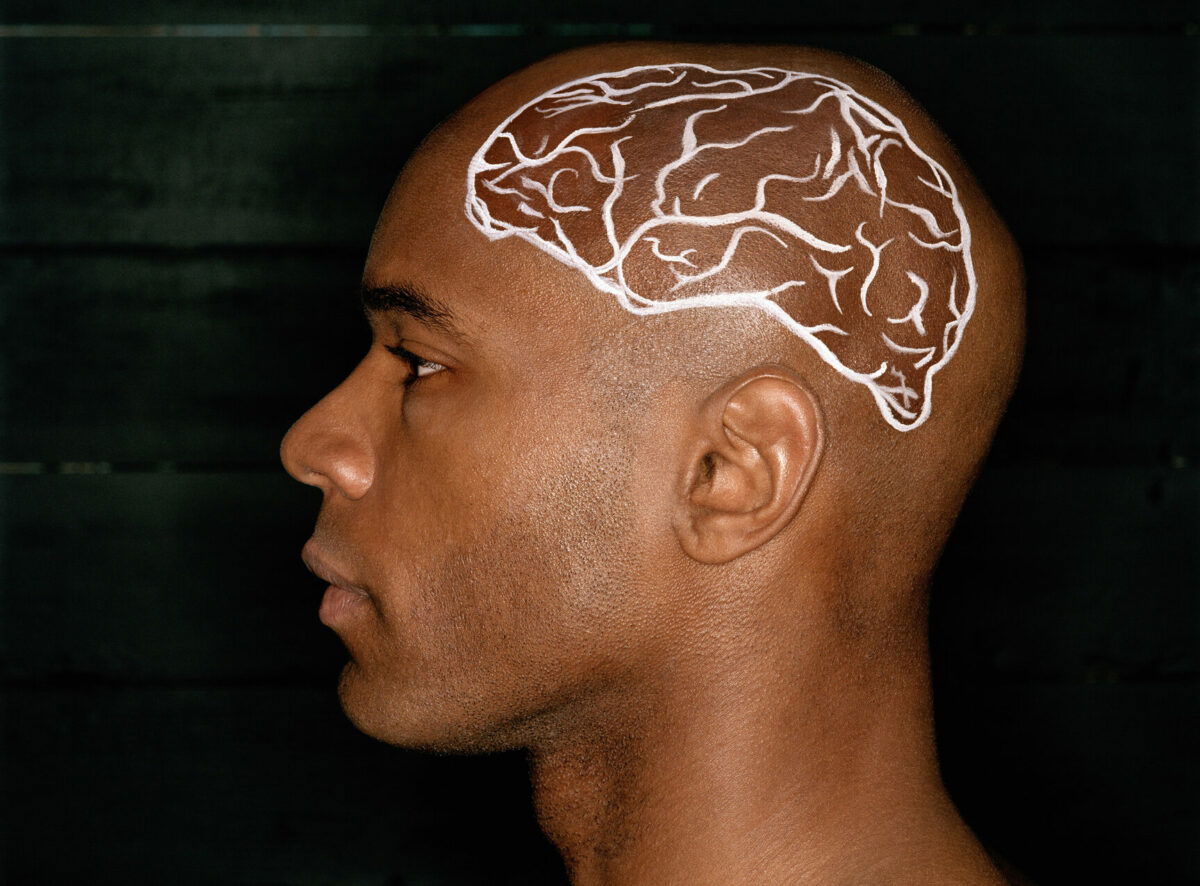
August 17, 2023
The Smithsonian’s ‘Racial Brain’ Collection Subject Of An Investigative Series
For decades, the Smithsonian has had a collection of human brains. Hidden from public view, the collection contains more than 200 brains; most were taken from Indigenous and Black people without consent. The Smithsonian collection of “racial brains” reveals the museum’s quest to study and compare certain elements, such as cognitive abilities, based on race.
The Washington Post has launched an investigative series into the grisly collection. It has uncovered the process where the national museum authorized and funded the removal of the brains of minorities from morgues, burial grounds, and hospitals. While most of the organs were taken in the 1940s, the Smithsonian acquired these body parts without the consent of the deceased families. The process exploited individuals of marginalized and/or indigenous backgrounds, taking advantage of this lack of agency and disenfranchisement for scientific pursuits.
According to the Post, even though the collection became public knowledge, the museum has not prioritized returning the stolen organs to their rightful burial sites or families. The news outlet found that only four brains have been returned, as a formal request is required to begin the process.
Federal officials have ordered that Native Americans whose deceased family members’ brains were used have to be notified, leaving the many Black and other ethnic participants’ families to make inquiries on their own.
To address the looming controversy, Smithsonian Secretary Lonnie G. Bunch III, the first Black person to lead the institute, issued a statement apologizing on behalf of the museum for its conduct in the organ retrieval process.
“I know that so much of this has been based on racist attitudes, that these brains were really people of color to demonstrate the superiority of White brains, so I understand that is just really unconscionable,” expressed Bunch. “And I think it’s important for me as a historian to say that all the remains, all the brains, need to be returned if possible, [and] treated in the best possible way.”
RELATED CONTENT: Smithsonian’s New Ethical Returns Policy Will Have Looted and Unethically Obtained Artwork Returned to Rightful Owners